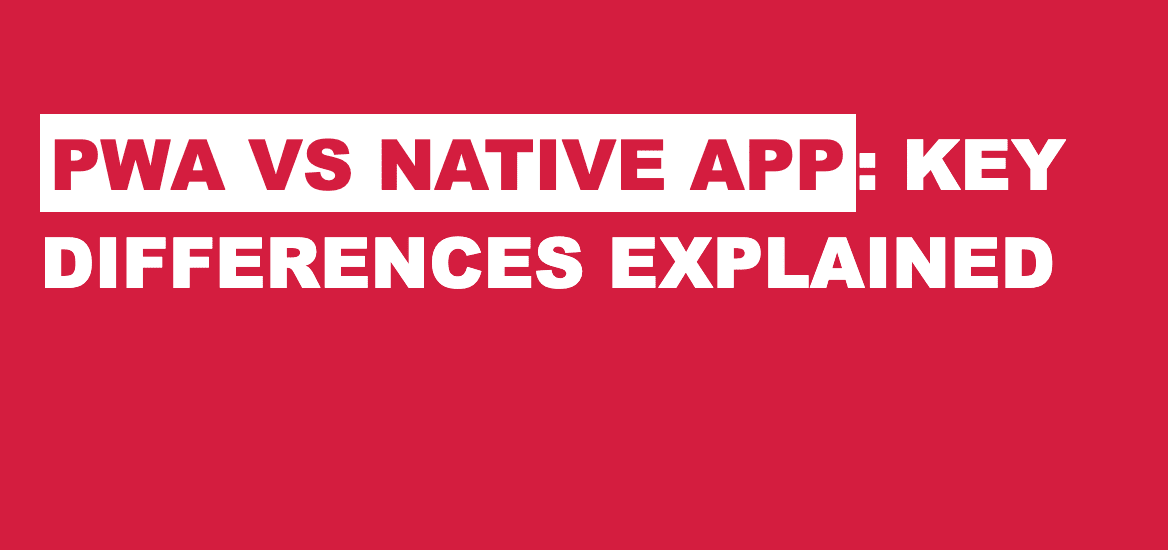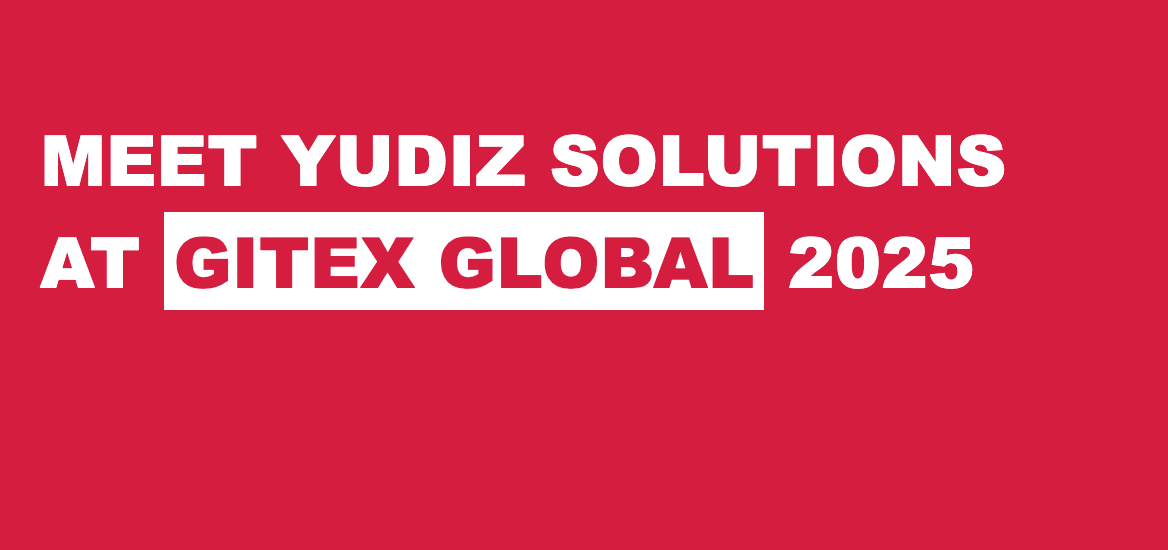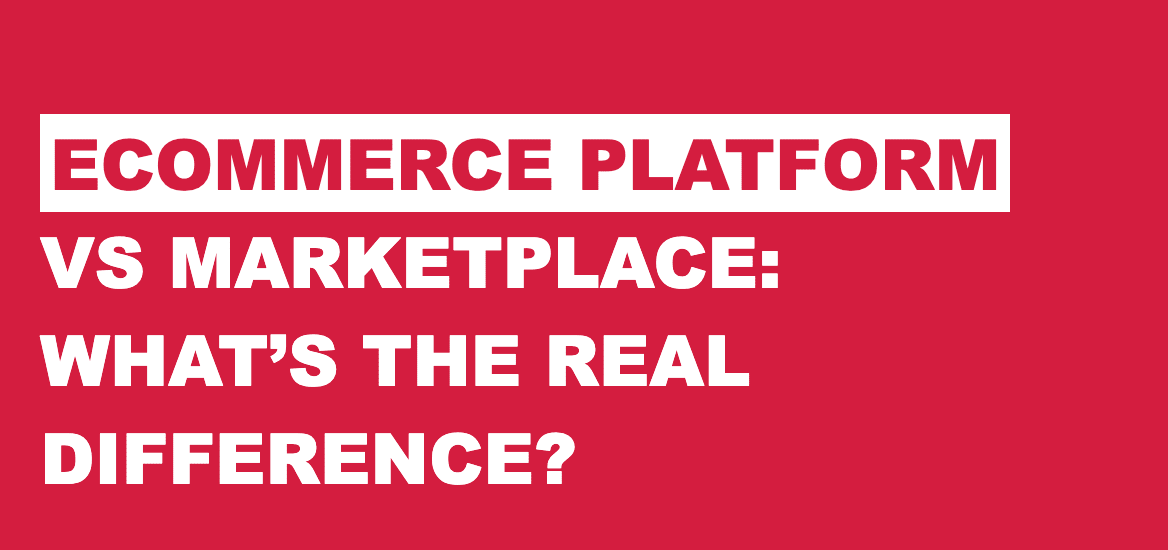Top Trends in the Blockchain Industry to Expect in 2026
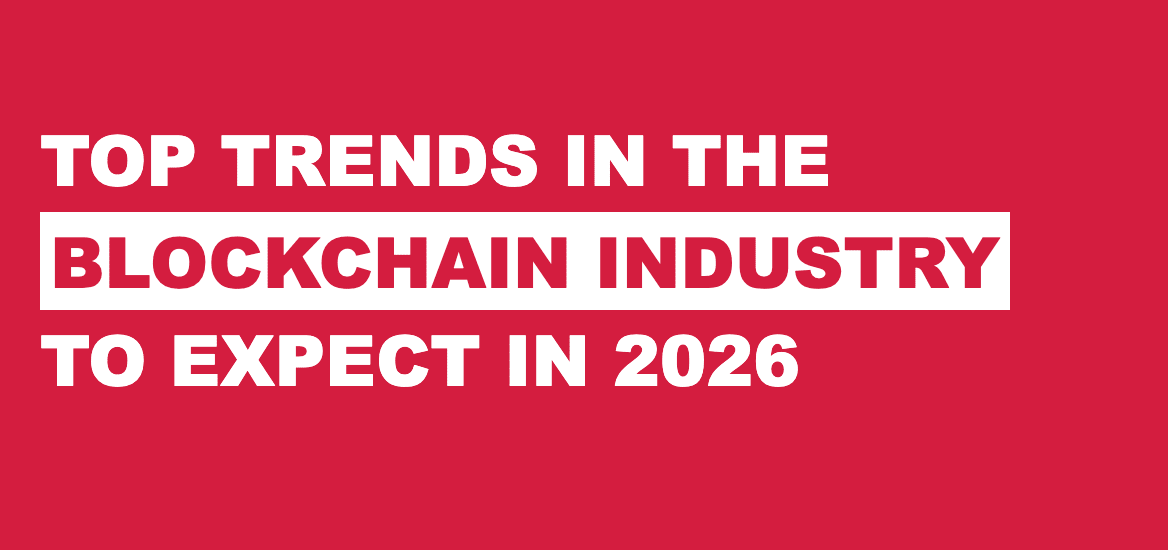
There is a widespread adoption of blockchain technology in different industries that is powering the decentralized finance system, supply chain management, etc. And with the increase in adoption of blockchain, there are different blockchain technology trends that have evolved into the marketplace. Coming closer towards the year 2026, the trends in blockchain technology covered the latest concepts like artificial intelligence (AI), Internet of Things(IoT), which helped to redefine the industry in different ways.
Many enterprises are now moving towards blockchain solutions that help address issues such as inefficiency in operations, security concerns, and trust gaps. However, blockchain technology is going to reshape many industries, like the working structure, and also improve overall performance. The trends in blockchain technology can revolutionize the industry and its performance. The following shows the blockchain trends of 2026 and how different industries are implementing them in their field.
Also Read: Blockchain Development Guide
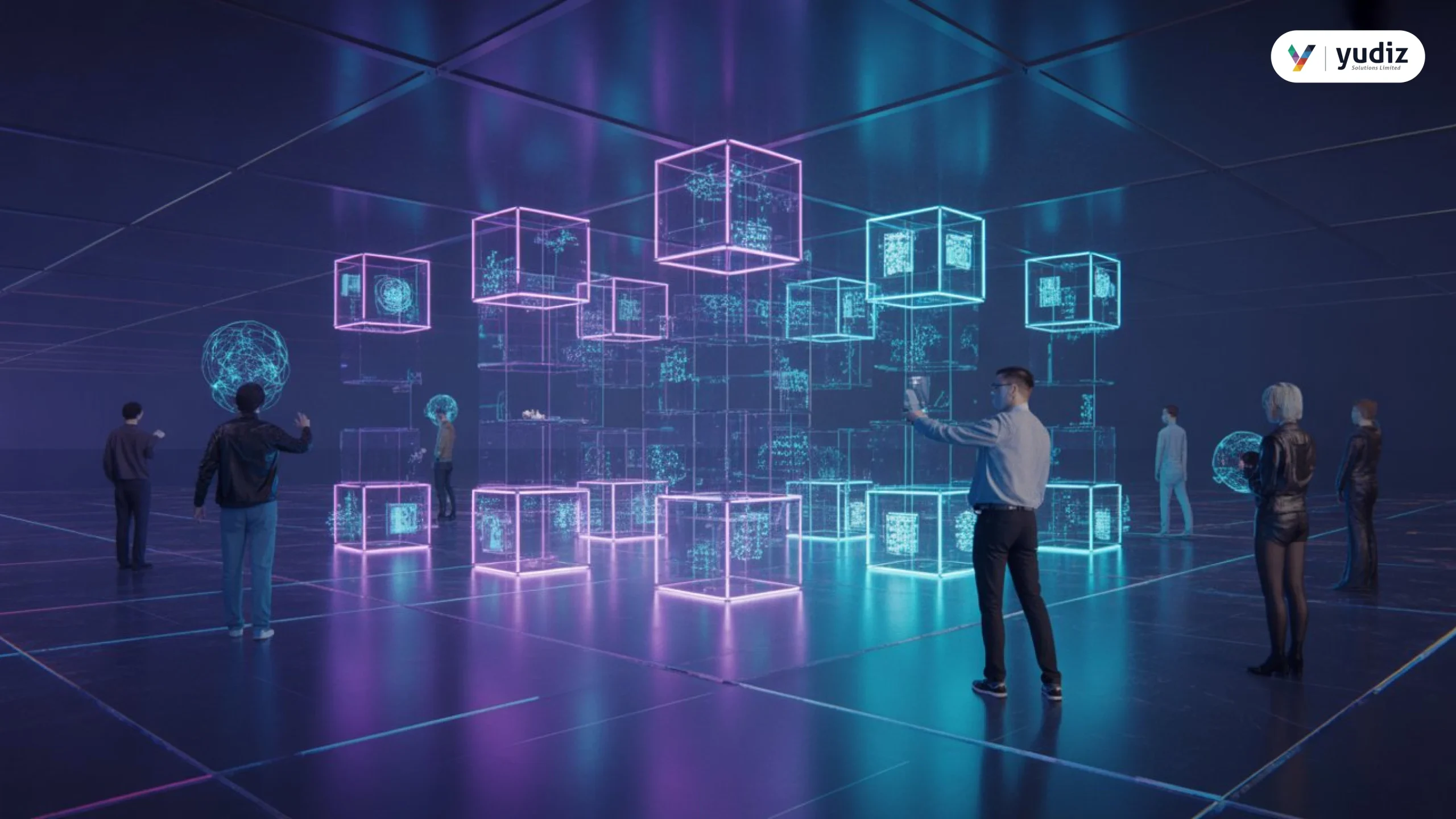
Top Blockchain Technology Trends in 2026
For most of the industries, blockchain technology has now become the backbone of powering decentralized finance, supply chain, and other government digital services. The following shows the latest blockchain development trends for 2026 that every business must know when implementing blockchain development services into the business.
1. AI-Powered Decentralization
When AI & blockchain fuse together, they develop a new category for the intelligent system that becomes mainstream for businesses. Using AI in blockchain helps businesses improve scalability, security, efficiency, transparency in turn increasing with trust & data security.
Impact:
- AI-powered decentralization has less chances of causing errors and also promotes data privacy using blockchain technology.
- It enhances smart contracts with dynamic decision-making.
- It can detect anomalies in real time and help to prevent fraud and scams.
- AI predictions with blockchain help to revolutionize agriculture, logistics & manufacturing.
2. Asset Tokenization
In the year 2026, the most effective trend in blockchain technology is about tokenization. The term asset tokenization is nothing but converting real assets that can be stocks, real estate, or commodities into a form of digital tokens on a blockchain.
Examples:
Real Estate: Average investors can access global real estate investment with asset tokenization
Equities: Trading and settlement will be available 24/7 as traditional financial instruments will be migrated to blockchain.
Luxuries: Trading luxuries like arts, collectibles in the form of NFTs
Commodities: Commodities like gold, oil, etc., can be traded through tokenization.
3. Utility Driven Credentials using NFTs
In the coming years, the use of NFTs is going to expand tremendously. Some of the NFT applications following blockchain development trends include –
- Integrating gaming & metaverse: Integrating NFT in game assets, avatars & other, including metaverse like Decentraland & Sandbox.
- IP Management: Using blockchain-verified NFTs will help creators to track and monetize their work at ease.
- Ticket System: Using NFTs, access can be controlled for events, concerts, and brands.
- Real-world documentation: For verified NFT records, legal deeds, patents & certificates will be considered.
4. De Fi for Global Finance
DeFi is poised to be a new wave of sophistication, following the blockchain technology trend. It has disrupted the decentralized exchanges, protocols, etc. It includes the following characteristics.
Secured Mainstream Finance: KYC/AML will help to make DeFi secure & accessible for mainstream finance.
Hybrid Finance(HyFi): This is a combination of traditional & decentralized finance systems, integrating with DeFi liquidity protocols.
Diversification: Representing stocks, commodities in tokenization that gives diversified investment options.
5. Rise of DID(Decentralized Identity) & SSI (Self-Sovereign Identity)
In case of transactions, privacy & data ownership are one of the major concerns of the DID system.
In the year 2026,
- With the help of SSI, users can control their own personal data at ease.
- Verification for credentials to be issued by the government or a corporation on blockchain with the help of passports, licenses, or any other identification proof
- Authentication will become easier due to the cryptographic verification.
6. Web3 and the Decentralized Internet Revolution
This blockchain development trend is redefining the users about how to interact with the internet. In 2026, the decentralized apps will be as mainstream as mobile apps are today.
Some of the key features of Web3 include –
- User Ownership: Here, the users can control their data, identity, and other online assets.
- Decentralized Cloud Storage: There are platforms, namely Lens Protocol and Farcaster, that will challenge the network like Facebook & Twitter.
- Decentralized cloud storage: Gaining with the censorship-resistant data hosting with services like Filecoin & Arweave.
- Monetization: It allows users to earn crypto rewards, contributions with engagement.
7. Global Enterprise Blockchain Adoption
In 2026, blockchain technology is going to be at the core of the enterprise backbone, similar to how cloud computing is today. Blockchain will be considered as a standard business model in 2026 for industries like finance, logistics retail, etc.
Upcoming blockchain technology trends include –
- Smart Contracts: Reducing the administrative burden, especially in B2B transactions
- Accounting: Transparency in the financial records
- Decentralized Data Sharing: Data sharing is secured by delivering collaborative innovation without the risk of data leaks.
8. Blockchain in Supply Chain & Logistics
In 2026, blockchain is going to be integrated with the global logistics right from manufacturing to delivery. However, supply chain management is going to be mostly used in the industry using blockchain technology.
The expected blockchain trends in supply chain & logistics include –
Transparency: Using blockchain, one can track goods, materials, as well as the environmental impact, in real time.
IoT Integration: Blockchain is connected with smart sensors that will automatically log the shipment conditions, less the chances of fraudulent transactions.
Food Traceability: It allows consumers to scan the QR code and know about the freshness, origin & source of the food.
Also Read: Top 10 Blockchain Development Companies
Start Your Blockchain Journey!
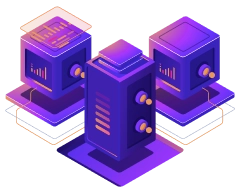
Conclusion
In 2026, blockchain technology trends are going to evolve with an outstanding innovation for the digital economy. Blockchain integrating with AI, IoT is going to open the doors of opportunities for different industries. This decentralized platform with blockchain technology trends known for its trustworthiness, transparency, and many more. However, one can have an in-depth insight into the latest trends in blockchain technology and stay updated by connecting with an experienced blockchain development company. The blockchain technology is not just a change, but it is going to redefine different industries uniquely.
Frequently Asked Questions
The top blockchain trends to be expected in 2026 include AI and blockchain integration, bringing blockchain into national payment systems, Sustainability, and real-world asset tokenization like real estate, art, or stocks, etc.
By 2026, blockchain will be a mainstream business model. Many of the businesses use blockchain for supply chain tracking, digital identity, finance, and record-keeping. Industries like healthcare, logistics, and the energy sector will use blockchain for transparency and automation. In the future, it is going to be a core technology.
Yes!! Blockchain helps to improve data security for businesses in 2026. Blockchain is based on encryption and decentralization, which increases security. Blockchain stores data across different nodes rather than storing it in one server. This makes the digital operations safer & transparent for everyone.
In 2026, blockchain is going to be a powerful concept, providing a trustworthy and transparent base for AI models to access and verify data. AI will make blockchain networks smarter and more efficient, helping them process transactions faster and detect risks automatically. AI & blockchain together will drive a more automated, data-driven economy
Beyond 2026, blockchain is going to become as common as the internet or cloud computing. Blockchain will evolve to handle quantum-resistant encryption, making it secure even in the era of quantum computing. In the long term, it will be a universal layer of trust connecting people, businesses, and machines around the world.
With different promises, there are some hurdles as well with the blockchain technology. Some of the challenges include regulatory uncertainty, scalability and high costs, struggle with technical complexity or a lack of skilled developers, and data privacy & energy usage could slow public acceptance.












